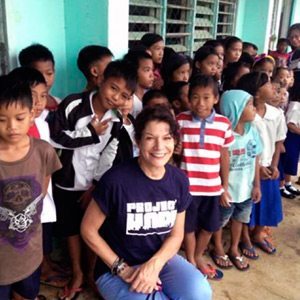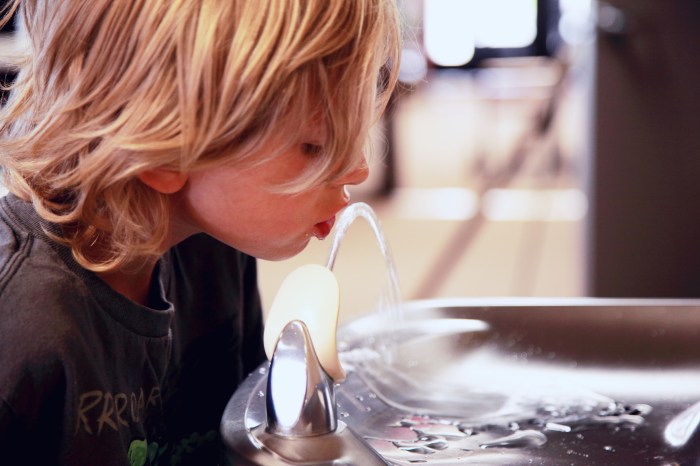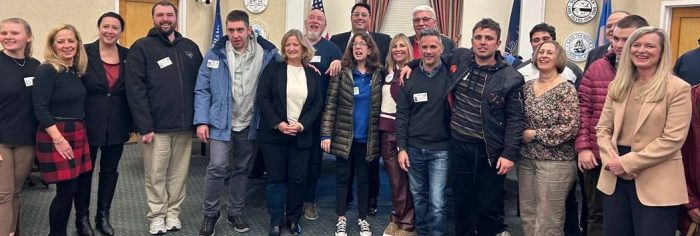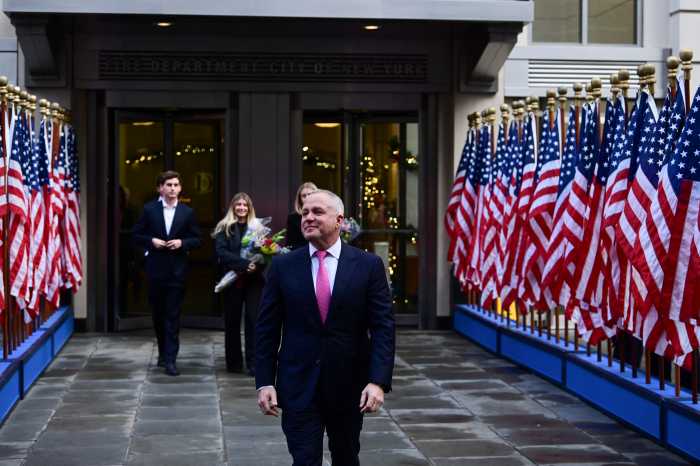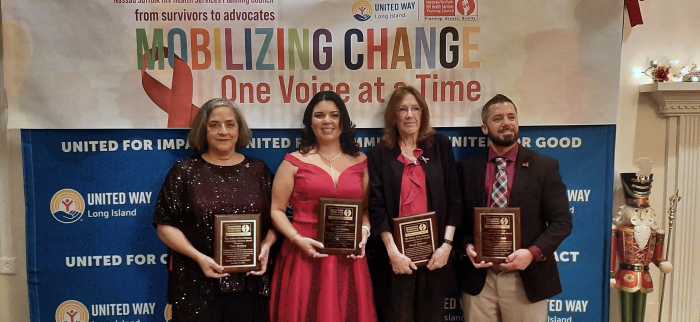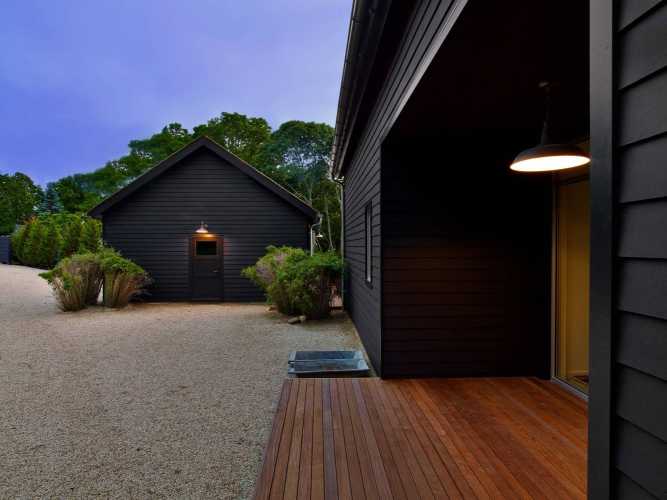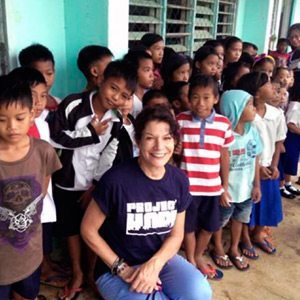 When devastating Typhoon Yolanda hit the Philippines, Port resident Jan Kline knew what she had to do. Go.
When devastating Typhoon Yolanda hit the Philippines, Port resident Jan Kline knew what she had to do. Go.
“I felt a need to respond and provide medical aid to people who had been physically and emotionally affected,” said Kline of the November catastrophe.
Kline, a registered nurse with a master’s degree in gerontology, who raised two children in Port, said she is “committed to helping the underserved regardless of where they live on the planet.”
In fact, the reason she went to nursing school was to “pay it forward,” and she has spent her entire career working in outpatient care and community health with those who are under-insured and in most need.
“Of course in the Third World it is even more difficult to have medical needs taken care of,” Kline said. “The most immediate needs are for food and shelter.”
Arriving in the Philippines just before Christmas, “We found roads had been washed out, preventing food from being brought in, houses were destroyed and much of the vegetation had been destroyed because many trees were knocked down.”
She was on Panay Island, which was one of the hardest hit areas, with a group from Project Hope, an organization that responds to catastrophic emergencies around the world. This was Kline’s third mission with Project Hope. The previous two were on the US Navy’s hospital ship USNS Mercy in Southeast Asia.
Kline’s group was made up of about 20 physicians and nurses and all always traveled with Philippine Army personnel. “There is a significant amount of rebel activity in the area,” Kline said.
It was the rainy season, the temperature was over 100 degrees, and the air was rife with disease-carrying mosquitoes. She slept under mosquito netting on an air mattress on the floor in a house with barely running water and only intermittent power.
“But to me it was an adventure,” Kline said. “To go to a remote part of the world, to win over the trust and confidence of the people, to find ways of rendering care in a setting that is so totally different from what we are used to in the US is challenging, rewarding, humbling and a learning experience.”
Kline’s group set about doing medical needs assessments for the people in the area. “We worked with local leaders and medical personnel to set up community-based clinics in schools,” using classrooms as examining rooms, she said.
Internists, pediatricians and a midwife met with residents that, on a typical day, numbered 300. Many residents had back pain from the heavy lifting they were doing to rebuild their communities. Others complained of headaches and stress. There was a general lack of nutrition.
This went on for three weeks, with Kline “overwhelmed by the graciousness, the trust and the appreciation from people who lost what little they had to begin with. I am so grateful I had the opportunity to connect meaningfully with people in another part of the world.”
Kline has been back for several weeks and is “decompressing. I saw such overwhelming disparity. It’s almost a jolt to come back to the United States.”
But she will “absolutely” go on another Project Hope mission, she says: “Quite selfishly, I enjoy the adventure. It provides me with an opportunity to use my skills as a nurse as well as travel to other places off the beaten path.”
When not offering emergency aid overseas, Kline is the nursing director at an ambulatory clinic in the Bronx.




